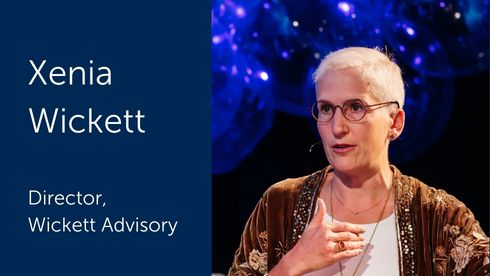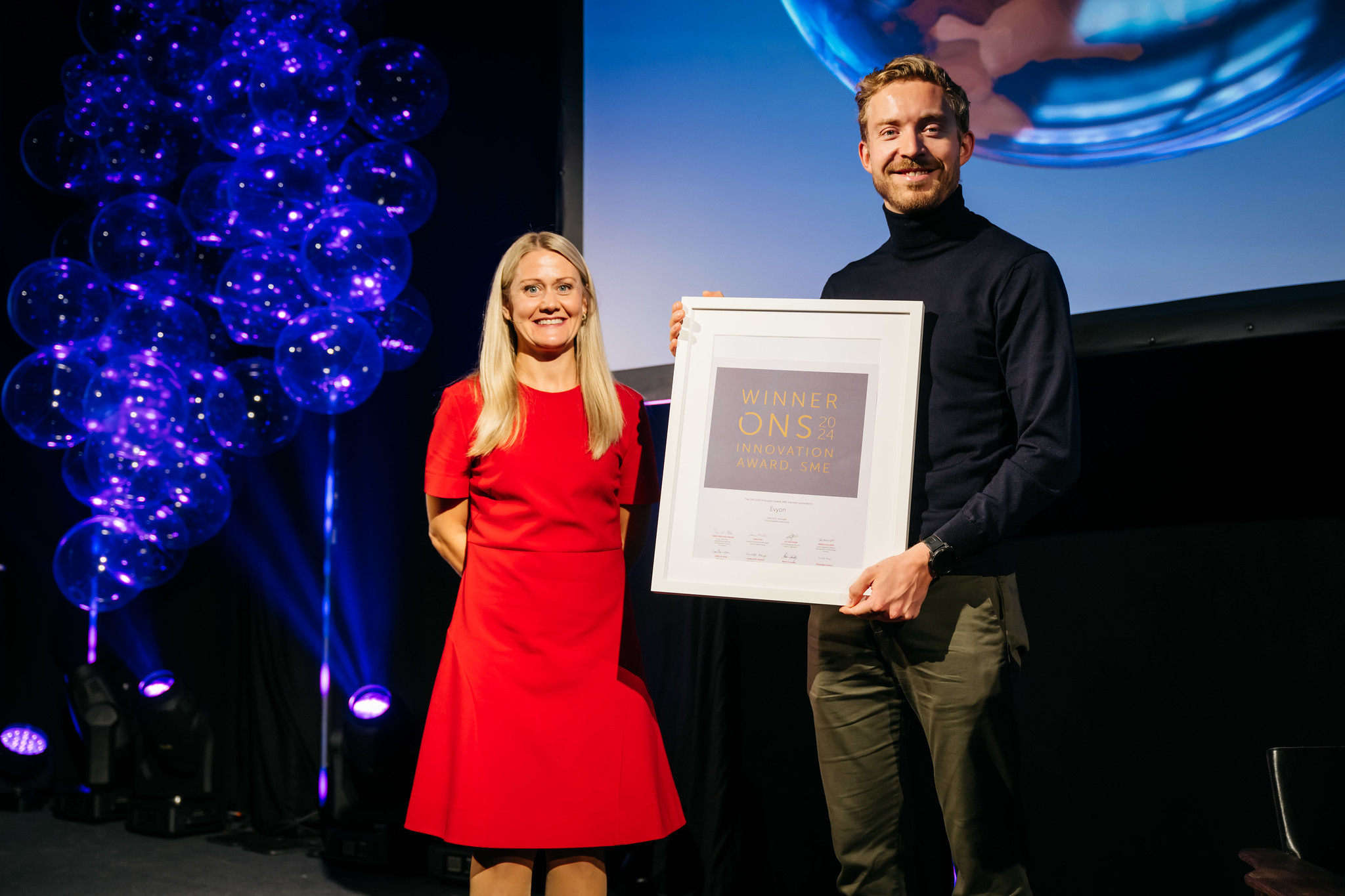African Energy is Africa’s Development Agenda
Africa’s development depends on solving one of its most urgent challenges: energy. Tackling this isn’t just about power generation – it’s about unlocking growth, reducing poverty, and shaping Africa’s future on its own terms.

The African Continent is endowed with huge and diverse sources of energy and minerals which provide our Continent with great opportunities to achieve our development goals as set in African Union Agenda 2063 of universal access, acceleration of economic growth and industrialisation, poverty reduction, and maximisation of earnings through value addition and diversification.
The weight of the energy trilemma
Yet, we are faced a fundamental challenge: balancing three competing priorities of the energy trilemma – energy security, energy equity and environmental sustainability.
Although the energy trilemma is a problem that many regions are tackling, for Africa, it is particularly pressing, as over 600 million people here live without electricity, 900 Africans have no means for clean cooking, power outages are frequent and climate change is having an impact.
This serious energy deficit in our Continent, being the region with the lowest rates of energy access globally, contributes to significant economic losses estimated between 1% and 6% of our GDP annually. This translates to billions of dollars lost each year, hindering economic growth, job creation, and poverty reduction
At the same time, the world is buffeted by numerous manmade and natural exogenous shocks and crises. These shocks hit a continent struggling to manage simultaneous health, debt, poverty, security with limited fiscal space.
Investing in resilience through energy
In an era of both immense opportunity and considerable challenge, Africa's energy sector must leverage our resources for long-term growth, development and sustainability. Our growing African population, fast rate of urbanisation, operationalisation of free trade area (AfCFTA), ensuring solid energy systems, extending infrastructure, building resilience and security - among many other pressing challenges require tripling, even quadrupling, the current rate of energy generation in the Continent using available energy sources and extending regional and transcontinental energy infrastructure thanks to an African Single Energy Market (AFSEM) launched by the African Union in 2021 to be fully operational in 2040.
Balancing the energy mix for the future
The African energy landscape currently shows that fossil fuels remain the primary power source in Africa and are forecasted to account for 69% of Africa's total power capacity in 2025. By 2035, renewables will contribute to a larger share in the power mix, with a forecasted share of 45% of total power capacity as our African countries alongside international partners and financial institutions prioritise accelerating and improving electricity access through the expansion of generation and grid infrastructure in conjunction with renewable energy projects. This is in alignment with the 2022 “African Common Position on energy” which affirmed the use of all our energy resources while continuing to increase the share of renewables in our African energy mix.
Linking energy to industrial transformation
This said, under the various African Union strategies, Africa is adopting a comprehensive approach that views energy agenda not only as an input to economic activities but as development agenda by emphasising the importance of increasing domestic processing and energy-related manufacturing, building our industrial base, to promote and sustain economic growth and job creation.
African industrialisation strategy prioritises building domestic linkages between energy production, natural resource endowments, and other sectors of the economy. In the case of renewable energy, this includes plans to establish manufacturing capabilities for key components of solar panels, wind turbines, and batteries. This manufacturing effort help create backward linkages by sourcing our raw materials such as lithium, cobalt, copper, and graphite – which are essential input to clean energy technologies – as well as logistics and auxiliary services from the local private sector within the continent.
A call for investment and partnerships
In conclusion, addressing energy deficit in Africa means that we prioritise Africa’s development agenda based on our realities and our urgent needs. This requires the mobilisation of important investments and transfer of technologies. Our countries must intensify ways to attract investment in energy-related ventures.
We, in Africa, should play to our strengths: abundance of resources, young population, central geographic location, partnerships with all global stakeholders, largest free trade area. At the same time we should continue to demonstrate a value proposition beyond the supply of energy resources or raw materials ensuring a delicate balance that calls for a win-win rather than the winner takes all.
Amani Abou-Zeid
Former Commissioner for Infrastructure, Energy and Digitalisation, African Union

State of the world 2026: Leadership when outcomes widen
post

Apply for ONS Innovation Awards
post


